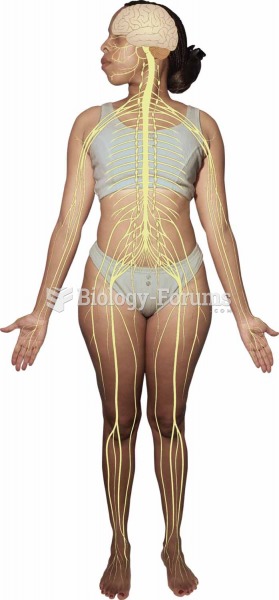Answer to Question 1
Some people within the court system believe that plea bargaining reduces the courthouse to something akin to a bazaar, where people barter over price. They see it as justice on the cheap. Others believe that plea bargaining makes the job of the judge, prosecutor, and defense attorney much easier. Primary opposition to plea bargaining involves ideological preferences. Regardless of which side of the issue one supports, however, it is ironic that both police and civil libertarians oppose plea bargaining, but for different reasons. Police and others in the crime control camp view plea bargaining as undesirable because defendants can avoid conviction for crimes they actually committed while pleading to and receiving a sentence for lesser offenses. The police see victims at their worst and would much prefer to see the defendant convicted for the crime charged . Civil libertarians and supporters of the due process model oppose plea bargaining because, when agreeing to plead to a crime(s), the accused forfeits a long list of due process protections afforded under the Bill of Rights. Another concern is that an innocent defendant might be forced to enter a plea of guilty. Defendants who gain the most from plea bargaining are the less serious, marginal offenders in cases lacking evidence. By contrast, defendants in serious cases who have prior criminal histories do not benefit. In short, plea bargaining appears to reflect a rational rather than a coercive process.
Opponents of cameras in courtincluding due process advocatescomplain that televising trials distorts the process by encouraging participants to play to the cameras, and that by covering only sensational trials and presenting only dramatic moments of testimony, television does not portray the trial process accurately. They argue that in celebrity cases even the witnesses exaggerate things to give themselves a bigger role . Supporters of the practice, conversely, maintain that televising trials has educational value, providing the public with a firsthand view of how courts operate. Indeed, studies have found that viewers of a television trial of moderate interest became more knowledgeable about the judicial process. The Supreme Court unanimously held that electronic media and still-photographic coverage of public judicial proceedings does not violate a defendant's right to a fair trial; states are therefore free to set their own guidelines.
Answer to Question 2
b







